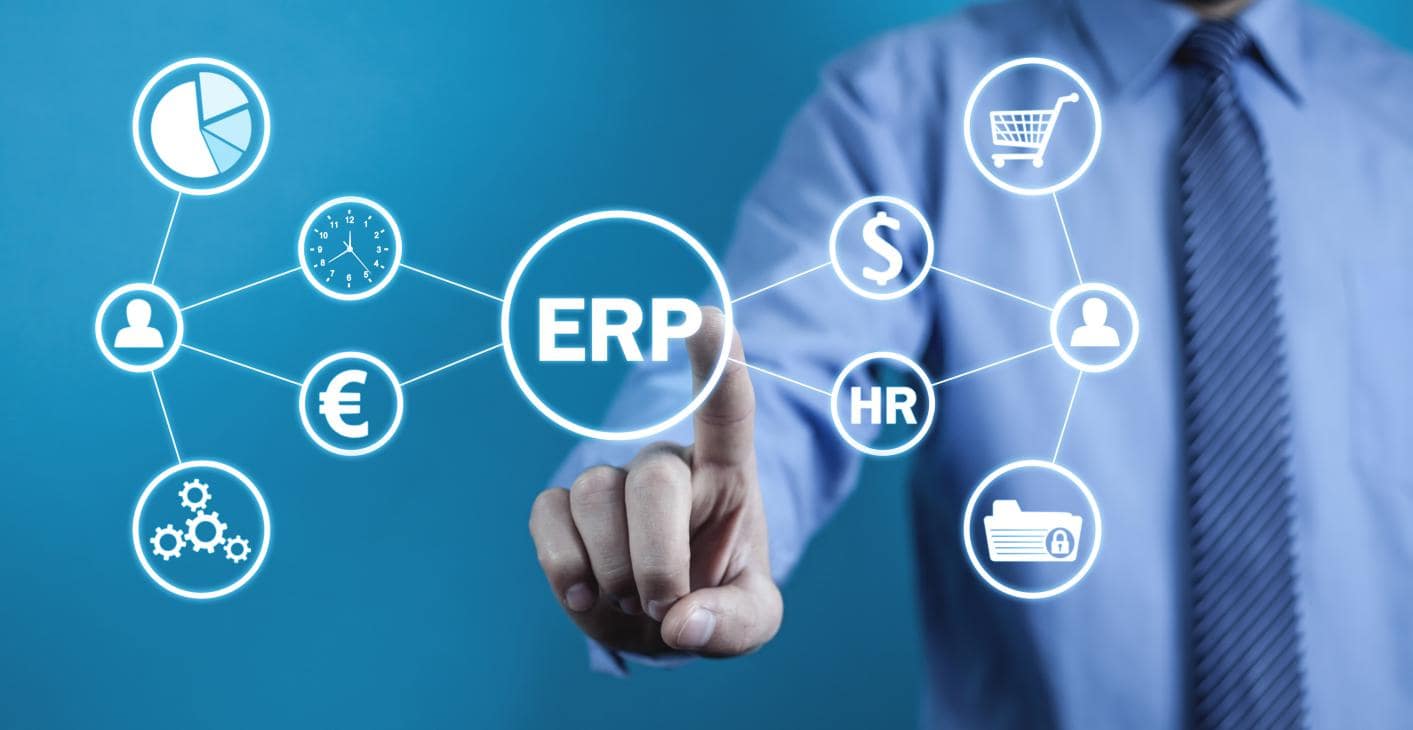
Significance of ERP in the post COVID world

FoxERP
ERP refers to Enterprise Resource Planning.
It is a business management software that collects, stores, manages, interprets data from business activities, and streamlines and automates the business processes more effectively.ERP has been the talk of the market for a long.
Came COVID-19 pandemic, and the world observed an all-new emergence, especially in the way they work.
Bygone are when businesses used to depend on manual and semi-automated processes to maintain the business functions across their business units.
With the COVID-19 emergence, businesses went.
Many organizations have invested in ERP, making their business processes integrated and unified under one single system. In contrast, a few organizations are still susceptible to embedding their business processes with ERP.
However, with almost everything going virtual, digitization of business coming into play, and automation of business practices becoming more prevalent, ERP becomes more crucial than ever before.
The ERP system is the brain of the company’s technology environment. Just like the human brain controls all areas of our body, telling them what to do, when to do, and ensuring they all work together.
Similarly, a business process cannot function effectively without a proper ERP system. For instance, in a retail business, ERP integrates all business functions, including product development, manufacturing, marketing, and sales.
Once businesses synchronize all these areas, they enable themselves to gain more visibility, increase productivity and operational efficiency, reduce costs, and enhance business competitiveness.
Businesses are shifting to ERP systems, owing to the rise in business competence and the rising need to remain influential and cost-saving entities. Still, there are organizations across businesses that are vulnerable to investing in ERP systems.
Cost savings is one of the significant steps any organization follows.
Still, at the same time, it is vital to understand the need to implement an ERP system in the type of business one deals with.
For example, suppose one deals with retail or distribution business. In that case, it becomes imperative for the business leaders to embed ERP systems in the business processes to remain ahead in the competition.
Businesses are often unsure if they need an ERP system.
Even if they have clarity about it, they are skeptical about how to implement an ERP.
Hence, understanding the benefits of an ERP system becomes crucial to gain real-time visibility across the entire business with 24/7 access.
Benefits that an ERP offers to an organization
1. Provides agility in the business processes
In rapidly evolving business scenarios and the post-COVID uncertain business environment, responding to the changes to tackle uncertainty becomes essential.
An agile ERP system is flexible, modular, and scalable enough to adapt to market dynamics and changing customer needs.
Hence, it caters to the customers effectively with a streamlined environment.
2. Improved Security and Accessibility
Business risks are on the surge these days.
Organizations are making it a priority to perform business assessments and take measures to mitigate the business risks.
For instance, the organizations manage the hardware costs by moving their ERP to the cloud, which allows organizations to scale, extend, and upgrade quickly with the added capabilities of an ERP system.
3. Enhancing the Efficiency and Productivity
The traditional methods of performing the business practices are not enough to drive the business growth and maintain efficiency and productivity in the post COVID era.
Furthermore, the manual workflows and outdated software inhibit businesses’ growth.
Therefore, an ERP system keeps businesses’ data all in one place enables enhanced efficiency and productivity.
4. Saving the Costs
Cost-cutting is one of the critical activities a business follows.
Having an ERP system in place creates efficiencies that help business expansion without the additional staff and IT costs.
The cost incurred in implementing an ERP system is easily compensated by its benefits, such as better ROI, efficient business processes, and a fully optimized business environment.
5. Growing the Business
Business growth is something, which every organization across the businesses aims to sustain in the longer run.
ERP system eliminates the need for repetitive manual processes.
It contributes to the overall business growth by scaling up business processes and reducing the turnaround time.
Conclusion
Hence, having an ERP system becomes significant in the COVID- and post COVID world with plenty to offer.
ERP streamlines the business processes and helps businesses keep up with the rising business demands, thus catering to clients’ needs and scaling up profits.
It also offers a stimulating business environment by eliminating inefficiencies, conserving resources, and empowering businesses to thrive and flourish in the long run.
Recent Posts

FoxERP
Unleashing the Power of ERP Cloud Migration: Benefits, Challenges, and Options
In the contemporary business landscape, Enterprise Resource Planning (ERP) systems play a pivotal role in driving operational efficiency and facilitating strategic decision-making. With the rapid evolution of cloud technology, organizations are increasingly exploring the option of migrating their ERP systems to the cloud to unlock a plethora of benefits and drive digital transformation.

FoxERP
The ERP Revolution: Navigating Enterprise ERP System Challenges
Enterprise Resource Planning solutions can be a lifesaver for businesses. It enables you to automate all your day-to-day business processes in a centralized and streamlined platform. Today, most business organizations implement ERP solutions like FOX ERP to improve business operations, boost data security and data quality, automate workflows, and enhance customer service.

FoxERP
Unlocking Organizational Success by Embracing the Strategic Roadmap to ERP Implementation
Do you know? The global ERP software market is expected to reach a staggering $78.40 bn by 2026, growing at a CAGR of 10.2%. The global ERP software market is estimated to take over 40% of the market share by 2025.



